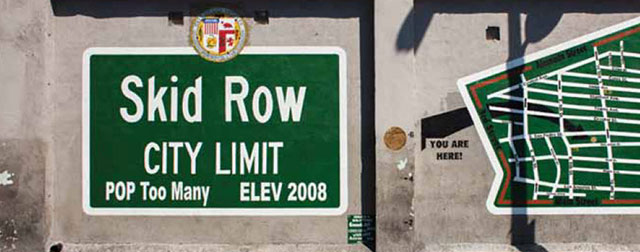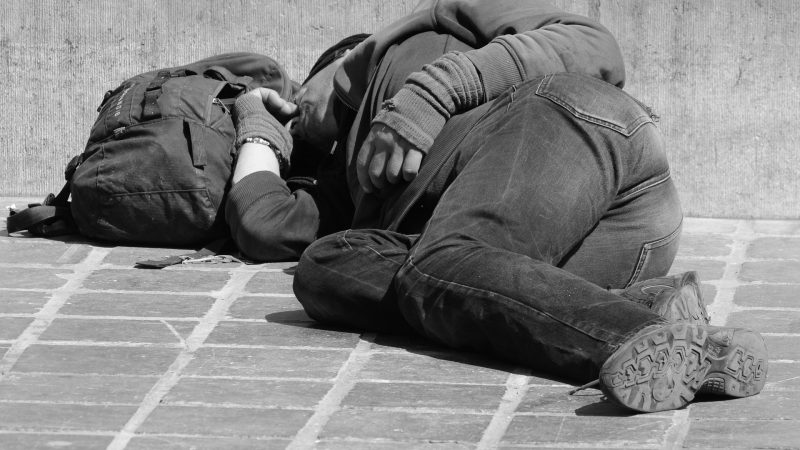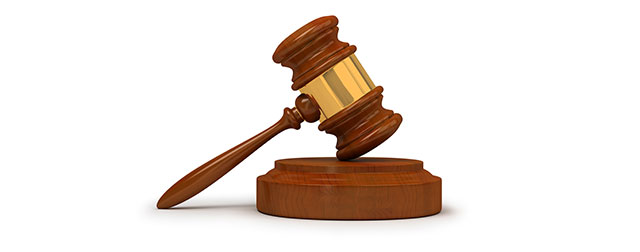1890 was a good year for California oil baron Lyman Stewart.
His company had merged with Sespe Oil and the Mission Transfer Company to form Union Oil, Paul Rood, adjunct professor of political science and history at Biola University, said. At the time it was the largest oil company in California, responsible for one third of the state’s oil production.
As co-founder, and later president, of the newly formed company, Stewart was well on his way to becoming known as “The Dean of the Western Oilmen,” Rood said.
But Stewart began noticing a troubling trend.
Many of the men who were coming to California looking for work were winding up jobless and hungry on the streets of Los Angeles.
The area had been largely agricultural land until the 1870s when railroads started lining the Los Angeles River, according to the Los Angeles Area Chamber of Commerce. Migrant workers started to flow in from throughout the country looking for work, and the area began to industrialize as cheap hotels, bars and whorehouses began popping up to serve its newfound transient population.
By the late 1880s the U.S. economy was in turmoil, Rood said. People were losing their jobs, Los Angeles had a growing homeless population and the term “homeless vagabond” was becoming part of the American lexicon.
“The hobo terminology first came in at that time,” Rood said.
A devout Evangelical Christian, Stewart founded the Pacific Gospel Union in 1891 and began sending “gospel wagons” offering food, encouragement and salvation to the poor and homeless around the city.
The Pacific Gospel Union would later become the Union Rescue Mission, now one of the largest private shelters in the United States.
“They would get on the wagon, so to speak, and turn their life around,” Reverend Andy J. Bales, CEO of Union Rescue Mission, said. “Some would slip and fall again, and they would fall off the wagon and return to struggling on the streets. But that’s how we got started was the wagon on the streets.”
The organization was based on Main Street, which “was the Skid Row of its time,” Rood said. “Just a few blocks away from the Skid Row of today.”
Stewart also set up a large tent at the corner of Los Angeles Street and First Avenue, which was known as “Hobo Corner,” Rood said. Every afternoon and evening there would be gospel preaching “to be a source of help, for those who were willing to accept help.”
Though Stewart later left the Pacific Gospel Union and founded the Bible Institute of Los Angeles, now known as Biola University, his early efforts to help the city’s poor took root and grew rapidly.
Within two years, the organization was serving 500 people and offering nightly revival sessions, according to the Union Rescue Mission’s website. In 1907 they opened their first shelter at 145 North Main St., and by 1934, “Mission On Main Street” was offering 42 percent of all free meals provided by private charities in Los Angeles.
But despite those efforts, the problem slowly metastasized. (Download this issue for full story)
Life on Skid Row



